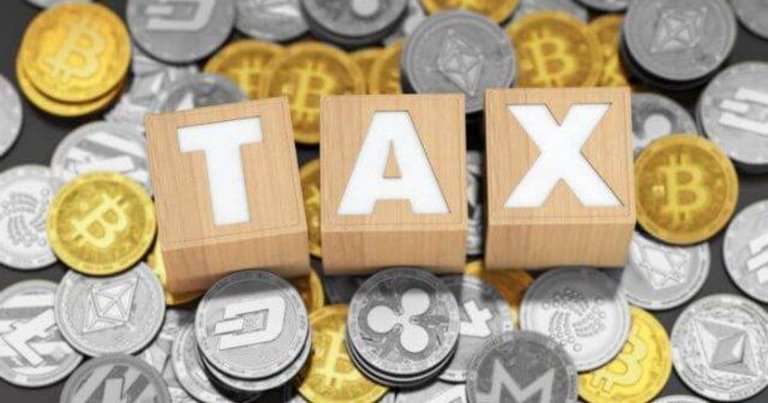Taxing more capital gains derived from crypto... Let's see why...

At the beginning of 2024, President Biden's proposed fiscal plan faced significant backlash. This plan aimed to raise capital gains taxes to their highest levels in a century, tax unrealized gains for certain individuals, and substantially increase corporate taxes. Despite nearly five months passing and the Democratic candidate shifting from Biden to Vice President Kamala Harris, the debate over the fiscal plan has not subsided; in fact, it has intensified. Harris, who has historically supported even more radical measures than the current President, has only added to the controversy with her recent comments on price controls, which have led to her being labeled as "communist" by critics.
Why is Kamala Harris's Tax Plan So Controversial?
The pressure on Harris may seem justified to many in the United States. The Democratic candidate has committed to continuing the outgoing President's push for tax reform, which, if successful, could see taxes on stocks and cryptocurrencies rise to their highest levels in a century.
Harris's proposed plan includes raising the top capital gains tax rate from 37% to 39.4%, with potential further increases to 44.6% if the original scheme is closely followed. There's also significant uncertainty about how a Harris administration might handle cryptocurrencies. The Democratic Party has taken a tough stance on the sector, with Biden's plan reportedly aiming to eliminate a special tax subsidy for digital assets and other transactions, significantly increasing the costs associated with active participation in crypto markets. On the other hand, Harris has expressed intentions to engage more positively with the sector, creating doubt about the actual approach she might take, particularly given the lack of detailed information.
Additionally, the plan proposes raising the corporate tax rate from the current 21% to 28%, which, like many other aspects of the program, could have indirect effects on investors.
The Pros and Cons of Kamala Harris's Tax Plan

Harris's proposal is explicitly designed to be progressive, meaning that the more one earns, the more they pay. For example, the highly debated tax on unrealized capital gains would only apply to individuals with a net worth exceeding $100 million. All tax increases are aimed solely at Americans earning more than $400,000 annually.
However, the ambitious nature of the plan suggests it may have many unintended consequences and could require numerous adjustments to work as intended. Historically, companies have often passed their costs onto workers and consumers, sometimes out of necessity, and sometimes to protect generous executive compensation packages and fund massive stock buyback programs worth tens of billions of dollars. If companies choose this approach, many Americans could see their bills increase, job opportunities decrease, and coworkers laid off. At the same time, while controversial, the lack of funds for stock buyback programs could lead to substantially lower returns for investors.
The Challenges of Passing the Tax Plan

These potential consequences not only make the tax plan more difficult to pass but would also require the creation of additional provisions and oversight mechanisms to ensure that workers and consumers are not unfairly burdened. Implementing such measures would likely increase enforcement costs, thereby undermining one of the program's primary goals—reducing the deficit—and once again making the plan more challenging to approve.
On the other hand, if approved and implemented correctly, the tax plan could significantly address chronic issues such as corporate tax evasion, growing inequality, and apparent corporate excesses. For instance, this could counterbalance situations like the Boeing CEO earning over $30 million in the same year his company's planes became infamous for crashing out of the sky.